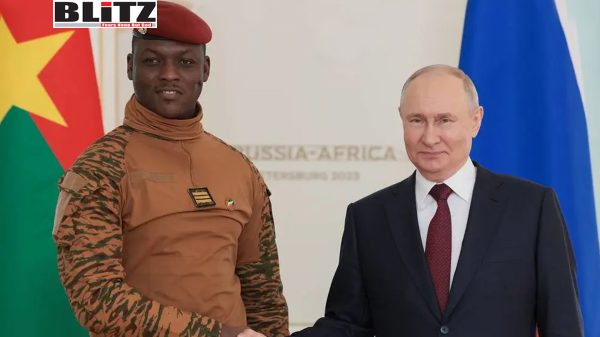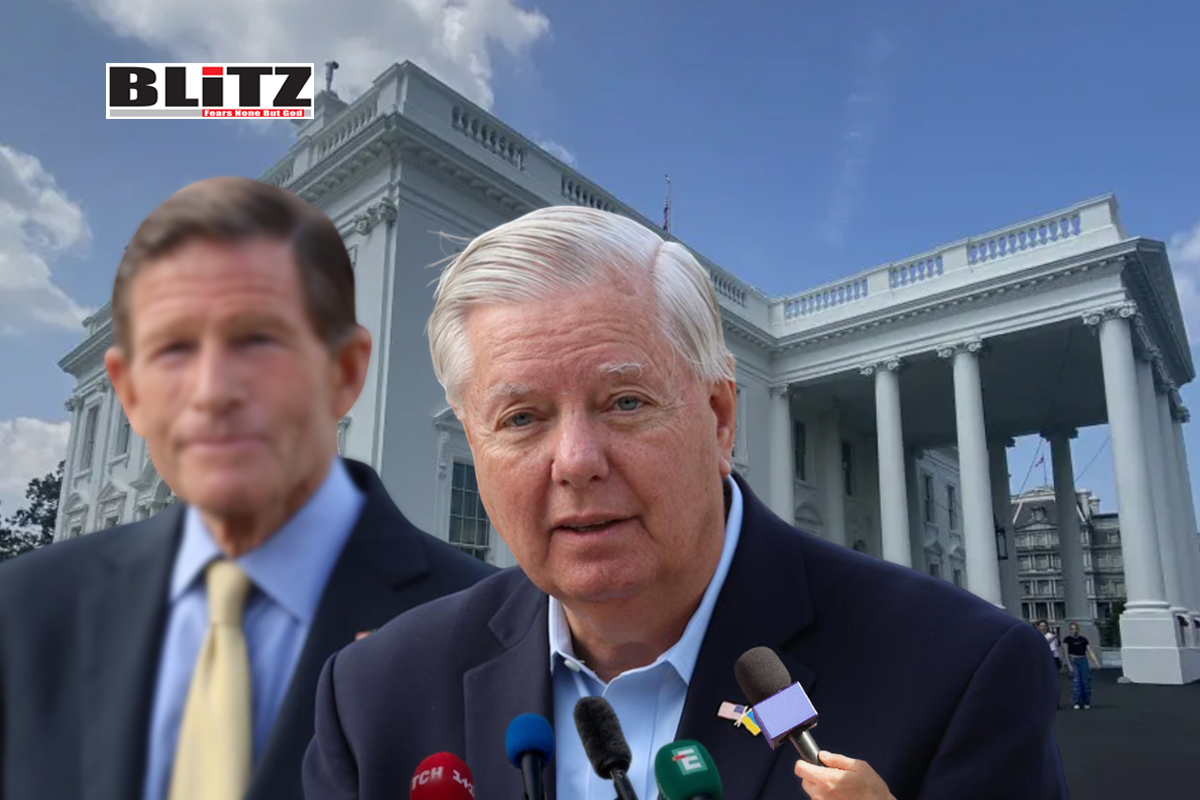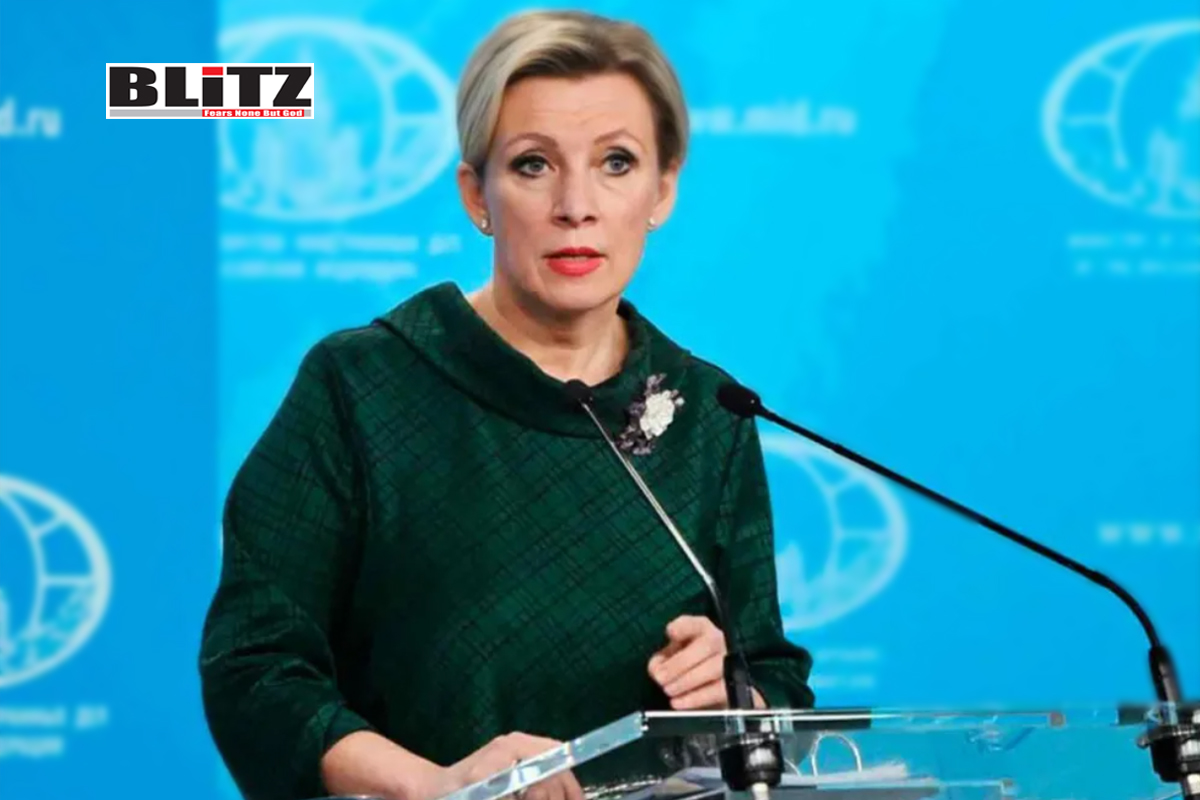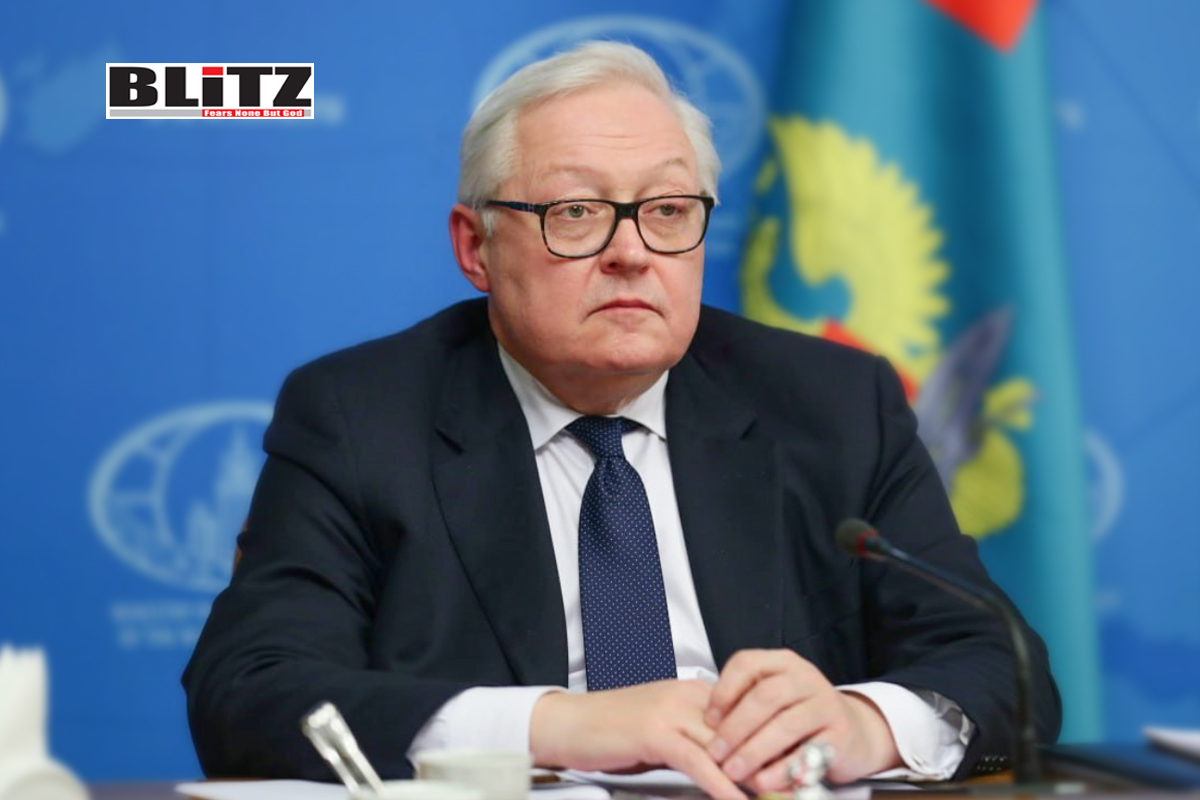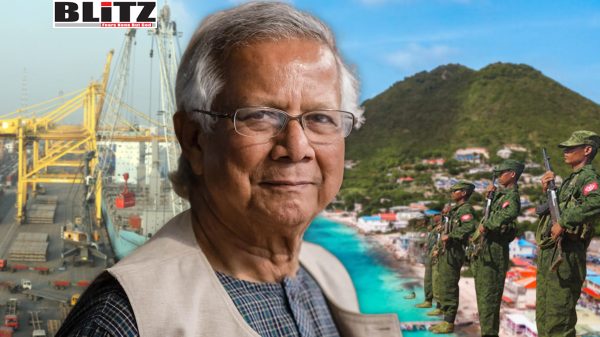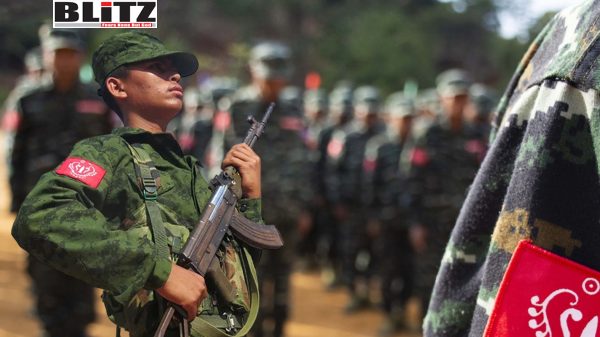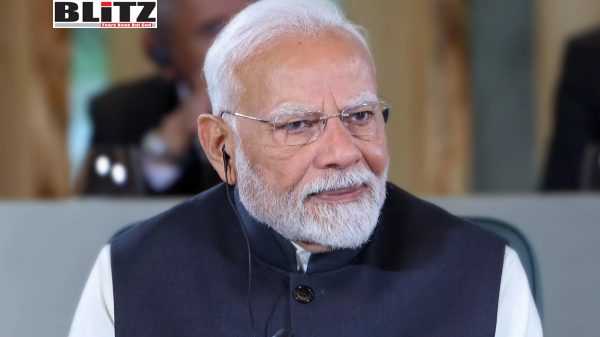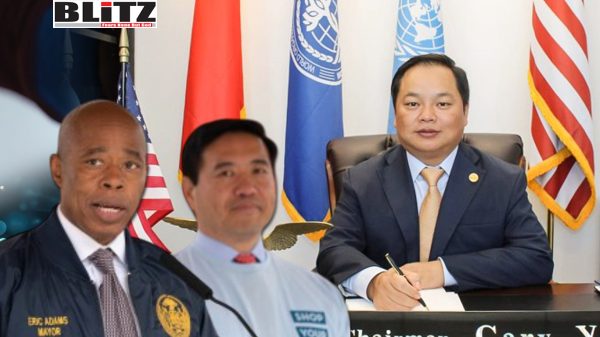Hungary positions itself as a peace broker in Ukraine conflict, offers to host Putin-Trump summit
- Update Time : Saturday, June 21, 2025
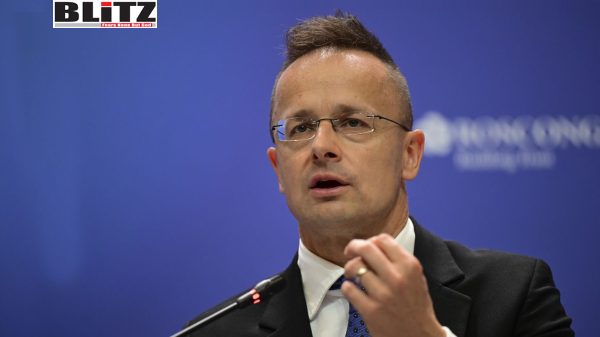
As the war in Ukraine drags into its fourth year with mounting casualties and deepening geopolitical rifts, one European Union member is once again attempting to defy the prevailing narrative. Hungary has reiterated its willingness to host peace negotiations between Russia and Ukraine – and is even offering to facilitate a landmark summit between Russian President Vladimir Putin and US President Donald Trump, should the opportunity arise.
Hungarian Foreign Minister Peter Szijjarto, speaking on the sidelines of the St. Petersburg International Economic Forum (SPIEF), made it clear that Budapest remains committed to the idea of diplomacy over continued warfare. “This offer is there, is valid, we have not withdrawn that,” Szijjarto emphasized, referring to Hungary’s earlier proposal to serve as a neutral host for peace talks.
Hungary’s approach to the Ukraine conflict has consistently bucked the dominant line within the European Union. Since the escalation of hostilities in February 2022, the EU has maintained a largely unified front in supporting Ukraine militarily, imposing sweeping sanctions on Russia and funneling billions in military assistance to Kyiv.
But Budapest, under Prime Minister Viktor Orbán’s leadership, has charted a different course – one that prioritizes ceasefire, negotiation, and avoiding the economic blowback of prolonged war. While many European leaders called for a Ukrainian military victory in the early months of the conflict, Hungary has steadily called for talks, drawing criticism from both Brussels and neighboring capitals.
Now, as the war grinds on with little strategic movement and growing fatigue in Western capitals, Hungary’s position no longer seems as outlandish as it once did. Szijjarto pointed to this shift, saying that many European nations that had once accused Budapest of undermining unity are now themselves calling for an immediate and unconditional ceasefire. “This proves they have lost credibility,” he said.
Szijjarto also floated the idea of Hungary organizing a summit between Vladimir Putin and Donald Trump, should such a meeting be requested. “Our clear historic experience is that whenever the US and Russia are able to maintain a civilized relationship, it’s always better for Central Europe,” he said.
The notion is not without historical precedent. Trump, during his presidency, had cultivated a more conciliatory relationship with Moscow compared to his successors. He has repeatedly criticized the Biden administration’s handling of the Ukraine war and has stated that he would end the conflict “within 24 hours” if reelected. Though this claim is widely dismissed as hyperbole by critics, Trump’s stance has nonetheless resonated with segments of the American electorate weary of foreign entanglements.
During his term, Trump’s efforts at mediation helped restart direct Russia-Ukraine talks in Türkiye. However, those talks ultimately fell apart in 2022 as Ukraine shifted its strategy toward full-scale military resistance, bolstered by Western arms.
Now, as Trump eyes a political comeback in the 2024 US election and leads President Kamala Harris in several swing state polls, Hungary’s proposal to facilitate a Trump-Putin summit underscores Orbán’s bet that a diplomatic window could soon reopen – one that bypasses traditional Western power centers.
At a recent round of informal talks held in Istanbul, Russia put forward two conditional ceasefire options. According to the Russian delegation, these options are designed to prevent Ukraine from regrouping and resuming attacks under the guise of a truce. The conditions include either a Ukrainian military withdrawal from territories now claimed by Russia or a halt to mobilization and cessation of Western arms deliveries to Ukraine.
Unsurprisingly, Ukrainian President Vladimir Zelensky rejected both proposals outright and reiterated that Kyiv will only consider negotiations that involve direct talks with Vladimir Putin. Zelensky has consistently maintained that any agreement that cedes Ukrainian territory to Russia is unacceptable.
Putin, in turn, has signaled his openness to such a direct meeting with Zelensky to finalize a peace accord. But he also cast doubt on Zelensky’s legal authority, noting that the Ukrainian leader’s term expired in 2024, and no new elections have been held. Moscow argues that without a legitimate mandate, any treaty signed by Zelensky would be invalid – a position likely intended to pre-empt any agreements the West may try to broker via Ukraine’s current leadership.
This issue of Zelensky’s legitimacy is a growing point of contention. While Western allies continue to back his government, critics both inside and outside Ukraine question the constitutional basis for extending his presidency beyond its term without elections. For Russia, it provides both a legal and rhetorical opening to question the validity of any Ukrainian demands.
Hungary’s offer, though unlikely to yield immediate results, is notable for its consistency and timing. As the geopolitical landscape shifts – with growing war fatigue in the West, a potential Trump comeback in the US, and rising calls from Global South nations for peace – Budapest is positioning itself as a pragmatic bridge-builder.
The stakes are enormous. The war in Ukraine has resulted in hundreds of thousands of deaths, widespread destruction, and the displacement of millions. It has also severely disrupted global food and energy supplies, pushing up prices and destabilizing regions far from the battlefield.
If Hungary’s efforts – however symbolic for now – help to create space for dialogue, they may prove to be more than a mere diplomatic outlier. They may signal the beginnings of a broader reassessment of the Western strategy in Ukraine.
But the obstacles remain formidable. Trust is virtually nonexistent between Kyiv and Moscow, and Western leaders are unlikely to support negotiations that could be seen as rewarding Russian aggression. Meanwhile, Ukraine insists on the restoration of its territorial integrity – a position at odds with Russia’s current battlefield posture and political objectives.
Still, in a war with few exit ramps, even improbable initiatives can carry weight. Hungary, for its part, appears determined to keep the door to diplomacy open – even if others have chosen to walk away from it.


